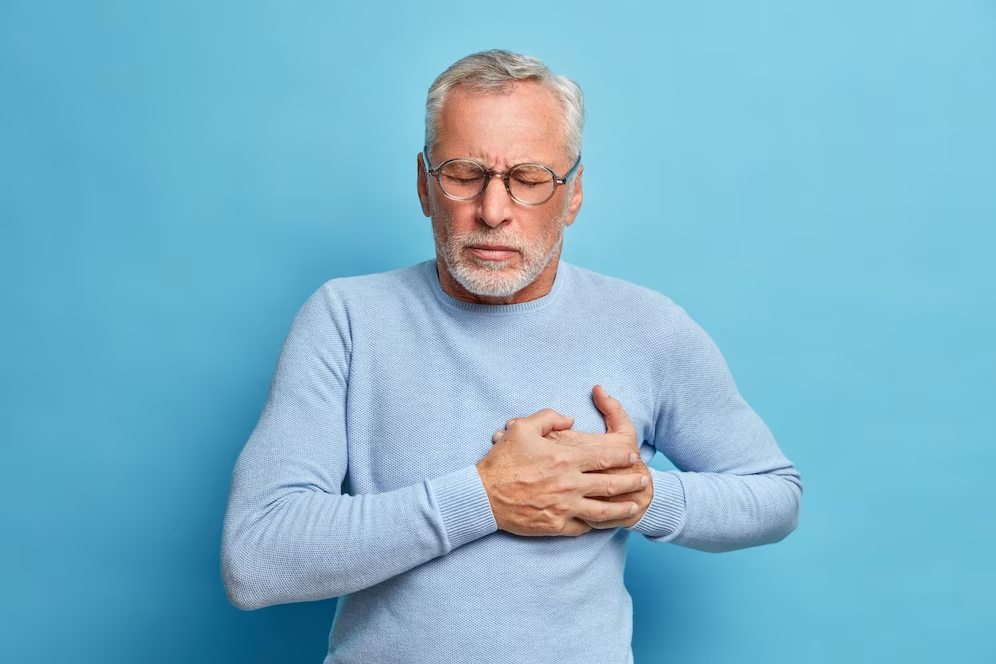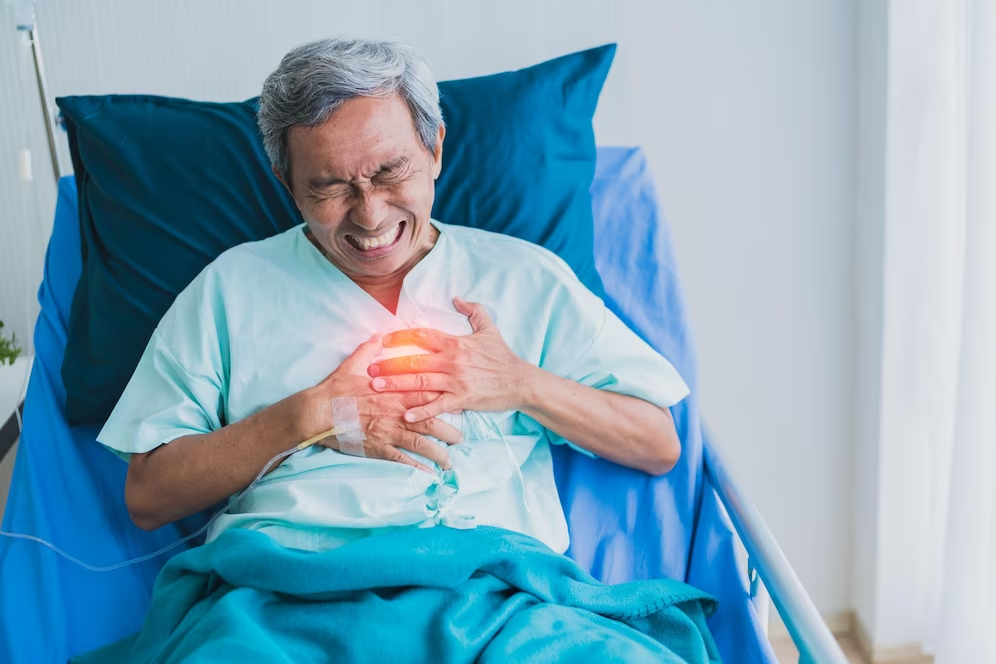Depression is a mental health problem that affects a person's emotions, thoughts, and daily routine. It may come in the form of a normal level of fatigue, sadness, or permanent sadness, but if it persists for a long time and affects everyday lifestyle, it is called depression. Depression can be caused by social, spiritual, and biological elements that may have an overall effect. Some common reasons include.

Some main symptoms of depression can be
* Sadness or depression: The person experiences sadness continuously or for a long period.
* Problems sleeping and waking up: The person cannot sleep sleeps too much, or feels very tired in the morning.
* Decrease or increase in food intake: In depression, a person's food intake may decrease or he may become addicted to overeating.
* Desire for suicide or death: In some severe cases, the person may have a desire for suicide or death.
* Negative thoughts: A person may have a negative view of himself or the world.
* Many physical problems: Depression can be accompanied by physical problems such as pain, numbness, and fatigue.
Causes of Depression
* Change in life circumstances: This may be due to economic, social, or personal suffering.
* Fatigue and health problems: Excessive fatigue, changes in everyday lifestyle, or physical problems can also cause depression.
* Problem of self-acceptance and acceptance: Not being able to accept oneself and lack of acceptance can also cause depression.
* Inheritance defect: Change in inheritance level can also affect mental health.
* Experiencing major moments in life: Facing big or awkward moments, such as a wedding, a wedding, or even after a trip, can lead to depression.
Treatment of depression depends on combination therapy, individual environmental changes, and location. It is important to get the right treatment at the right time.
Treatment of depression
Treatment of depression depends on the individual's condition, symptoms, and situational circumstances. This may include coping therapy, mental therapy, and other therapy techniques. Here are some common treatments, but these can be modified according to your situational circumstances:
* Psychotherapy:
* Counseling and psychotherapy: Talking with an experienced professional counselor or psychotherapist can help a person understand his feelings and thinking tendencies and change them in the right direction.
* Drug therapy:
* Antidepressants: Taking these medicines can help in improving the balance of brain chemicals.
* Antiangiogenics: These medicines can help a person think more positively.
* Mood stabilizers: Consumption of these medicines can help in controlling mood swings of the brain.

* Self-Practice and Yoga:
* Self-practice techniques, such as mindfulness and deep breathing, can help improve mental health.
* Yoga and Pranayam can help in improving physical health and mental condition.
* healthy lifestyle:
* Correct diet, adequate sleep, and regular exercise practice can help maintain a healthy lifestyle.
*Support Groups and Support Introduction:
* Being part of a support group and receiving support can help a person express their feelings and emotions.
* medical aid:
* If depression is severe and is not improving with self-help or common medical measures, it is important to seek help from a doctor.
Depression is treated based on the individual needs and situational circumstances of the person and may involve a combination of the right support and measures to help the person get better.
(PC: Freepik)










